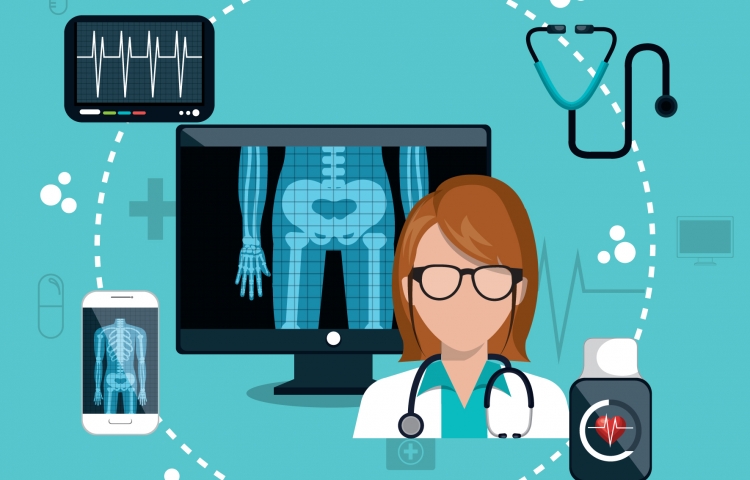
Trends in Digital Health – Observations from the PCHAlliance Team
As we plan for the Connected Health Conference each year, the Personal Connected Health Alliance (PCHAlliance) team considers trends of greatest interest to our members, partners and affiliates. Here are five top trends we’ve been hearing about that will be reflected in the 2018 program:
- Voice: Can You Hear Me Now? – Uptake of voice technologies may be slower than expected, but it’s been the subject of many conversations had by the PCHAlliance team over the past year. Voice is the focus of a full day workshop on engagement, convenience and experience of care for general clinical populations, facilitating documentation for healthcare providers and easing health interactions for older or disabled people for whom touch-based interactions may be more difficult. Many challenges remain for this emerging technology -- such as inflexible syntax, technology’s inability to distinguish commands from surrounding noise and low accuracy for users with impaired speech -- but a survey of startup activity in the voice vertical, conducted by Boston Children’s Hospital Innovation and Digital Health Accelerator and reported by Mobihealthnews, showed startup activity is notable and 55 percent of US households will have a smart speaker by 2022.
Watch List: Boston Children’s Hospital, Orbita, UPMC, AARP
- Device Security – It’s not surprising that security would pop up on a list of key topics in digital health, but the emphasis is typically on data. According to our contacts at MITRE, a federally funded research and development center (FFRDC), activity within their network is increasing and is often a harbinger of future activity in the general market. Meanwhile, Google searches on digital health device security have already overtaken searches related to data security. Keep an eye on this sector.
Watch List: MITRE Corporation, Massachusetts General Hospital, Verizon
- Healthy Scrutiny of Robots & Artificial Intelligence – Despite headlines predicting the end of jobs in every sector due to automation, we’ve observed numerous approaches to integrating robots and AI into healthcare that are both thoughtful and innovative. In robotics, we’re seeing high interest in when and how ‘human’ characteristics are useful and appropriate for mitigating engagement, social interaction and/or behavior change. Similarly, conversations about artificial intelligence are tempered with a recognition that AI cannot replace, but rather should complement, human judgment.
Watch List: MIT Media Lab, Partners Connected Health, Intel, TU Delft, Conversa, IBM Watson
- Digital Therapeutics Supply Chain – Digital therapeutics are not a new topic in the digital health dialogue, but with pathfinders Pear Therapeutics gaining FDA approval in the past year, Proteus launching of Abilify MyCite with Magellan this month and Akili’s pending FDA application, the DTx vertical has a heightened credibility and new focus on the supply chain. Pharmacies and pharmacy benefit managers are now a part of the news, and companies like Flex have introduced managed digital health services to help pharma and biotech get into the game.
Watch List: Xealth, Voluntis, Envoy Health, Proteus Health, Indie Health
- Blockchain – Blockchain offers several features attractive to the healthcare industry, such as facilitating secure health data sharing, ensuring data integrity, creating transparency between disparate parties, and enabling incentive programs and patient control of data. A few of our members are early adopters and will be leading the PCHAlliance Task Force on Blockchain.
Watch List: MintHealth, ResMed, Microsoft, Novartis, IEEE, Cambridge Consultants, Health 2047/Akiri Switch
What’s trending in your digital health network?




